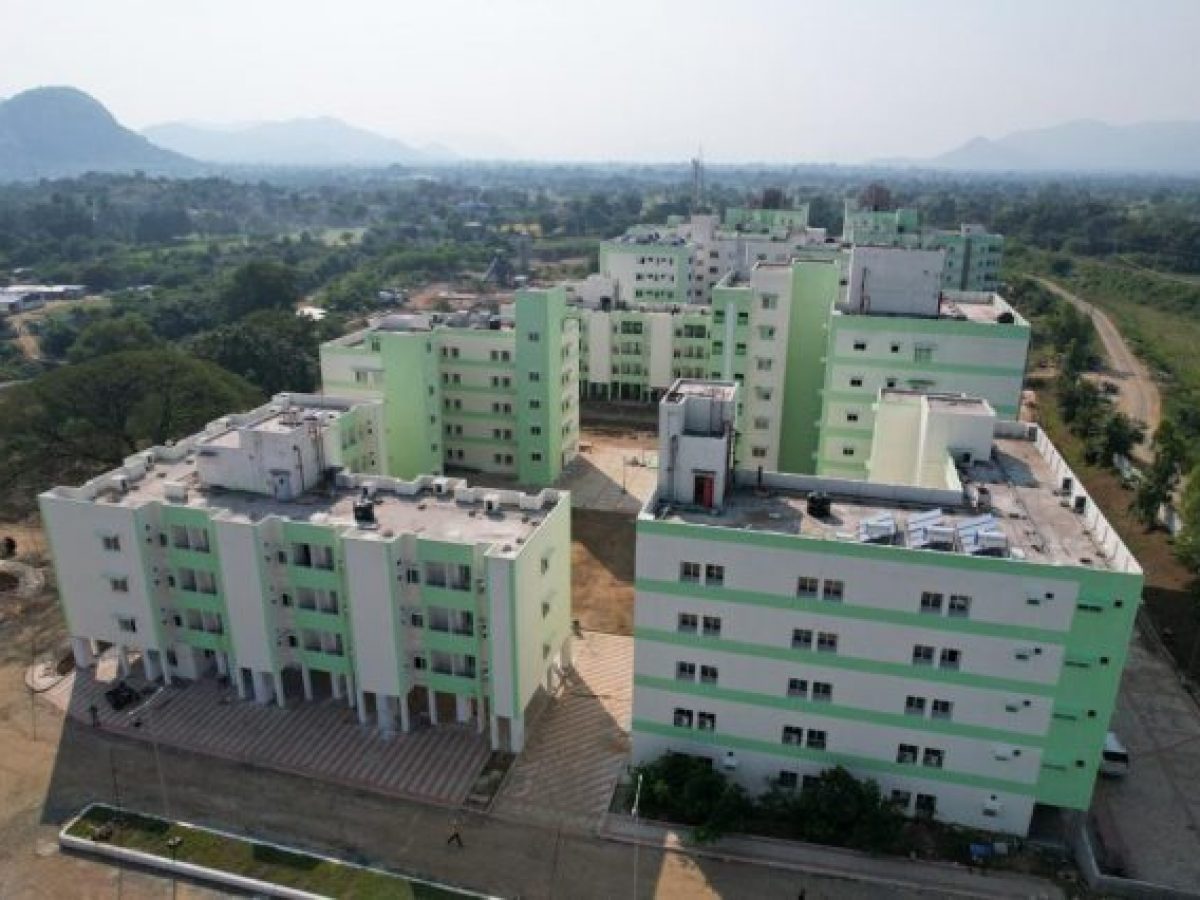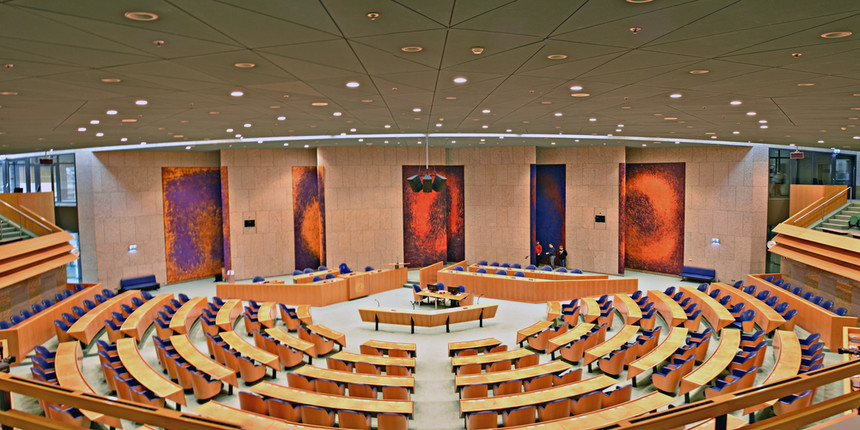
Raipur: The state’s chief minister, Bhupesh Baghel, recently declared at this year’s budget session that two new mental hospitals and four new medical colleges will be built throughout the state’s many districts.
The proposed hospitals and colleges will offer patients specialised healthcare facilities as well as a chance for medical aspirants to pursue their careers in medicine. The four medical colleges would be built in the districts of Janjgir Champa, Kabirdham, Geedam, and Manendragarh in North Chhattisgarh as a substantial boost to the state’s medical education. The two mental hospitals would be located in Raipur and Ambikapur, respectively.
Baghal revealed in an interview with TOI that 200 crores of rupees had been set aside for the construction of four medical colleges. A budget of Rs 2 crore has been allocated to build two mental hospitals.
In addition, Baghal said that a 700-bed integrated medical centre would be built in Raipur’s Dr. Bhimrao Ambedkar Hospital. He declared the project would receive Rs 85 crore in funding.
Additionally, Rs 5 crore has been set aside for the construction of mobile medical units in hard-to-reach places, and Rs 7.50 lakh has been budgeted for the construction of e-medical facilities at existing hospitals in Ambikapur, Korba, and Kanker.
The chief minister claimed that by allocating Rs 5494 crore for health and family welfare, the budget hopes to significantly expand the state’s medical and healthcare infrastructure.
Given the difficulties with transportation that students encounter, a new hostel will be constructed in Kota, Rajasthan, for the convenience of students who travel there to study for admission exams for engineering and medical schools.
With numerous health insurance models like the Rashtriya Swasthya Bima Yojana, Mukhyamantri Swasthya Bima Yojana, Sanjeevani Sahayata Kosh, Pradhan Mantri Jan Arogya Yojana, and other programmes, Chhattisgarh is one of the fastest-developing states in the nation.
In accordance with the “Mukhyamantri Slum Swasthya Yojana” and “Dhanwantri Medical Generic Store Scheme,” residents of urban slums can access affordable medications, free health screenings, diagnostic testing, and treatment.
In a similar vein, the “Mukhyamantri Dai-Didi Clinic Yojana” was launched to give girls and women living in slums access to basic medical treatment through MMUs with an all-female staff. The number of primary healthcare centres has increased over the past four years.

























